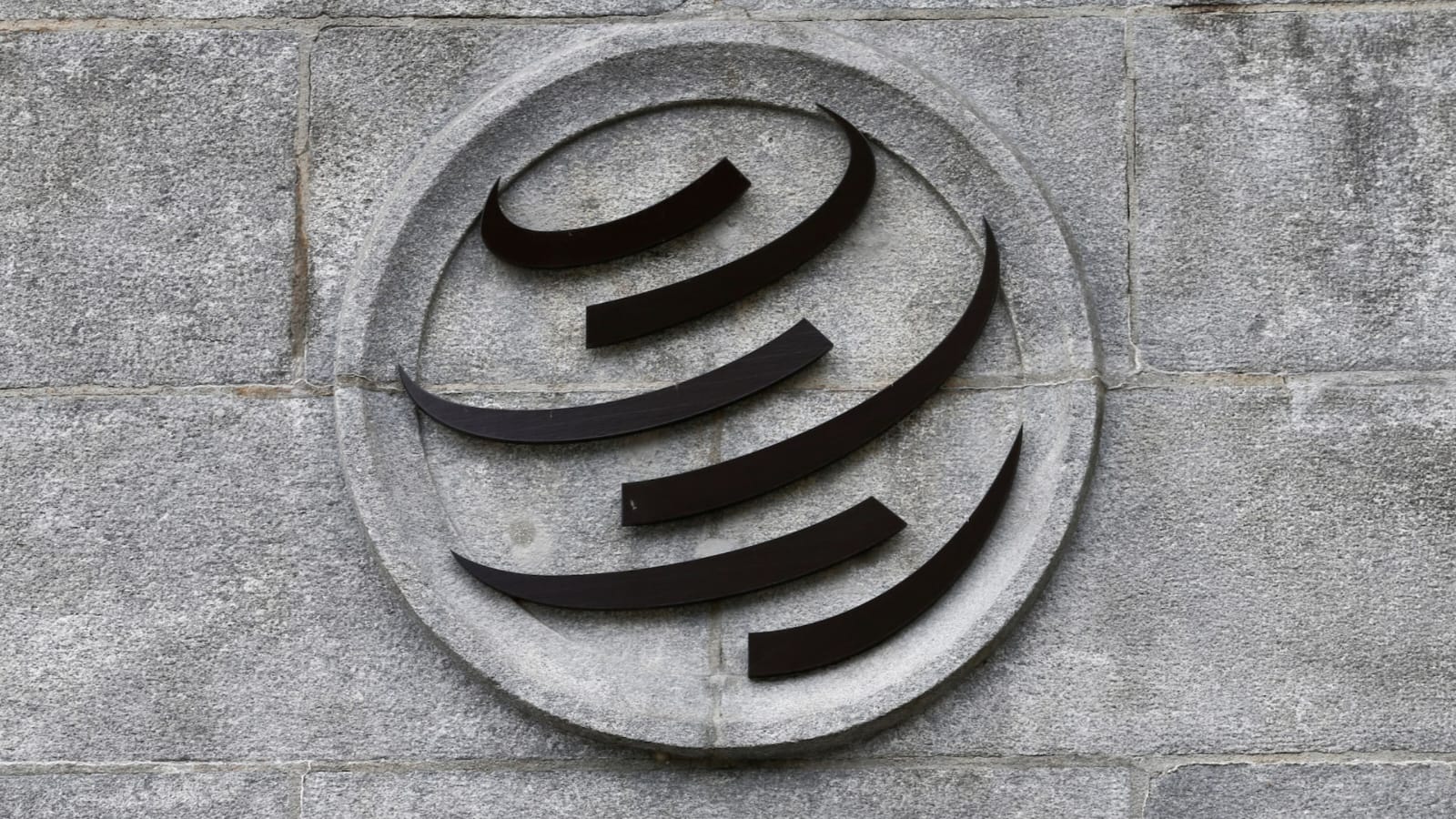United Arab Gulf Trio Eye Hosting Rugby World Cup 2035

The landscape of global sports is undergoing a dramatic transformation, and at the heart of this evolution is the rising prominence of the Middle East as a powerful and ambitious player. In a bold and unprecedented move, three of the Gulf region’s most influential nations—the United Arab Emirates, Saudi Arabia, and Qatar—are now reportedly preparing a joint bid to host the 2035 Rugby World Cup. This move, first reported by The Times of London, underscores a growing trend where these nations are leveraging sport to elevate their international profiles, foster national pride, and transform their economic futures.
This potential bid marks a significant turning point not just for rugby but also for the broader development of sport across the Middle East. While football has long been the dominant sporting force in the region, with Qatar hosting the 2022 FIFA World Cup, the potential entry into the rugby world signals a new and strategic shift. The Rugby World Cup, the third largest sporting event globally after the Olympics and FIFA World Cup, could serve as the latest platform through which these Gulf nations assert their emerging dominance on the world sporting stage.
Middle East’s Sporting Aspirations Gain Momentum
In the past two decades, the Middle East has increasingly positioned itself as a global destination for premier sporting events. The UAE hosts high-profile cricket matches, Formula 1 Grand Prix events in Abu Dhabi, and professional golf tournaments. Qatar has invested heavily in tennis, handball, athletics, and most notably, football, through its successful FIFA World Cup campaign. Meanwhile, Saudi Arabia has aggressively pushed into boxing, wrestling, Formula E, and even esports, often offering massive purses to attract global attention and competitors.
This growing interest in hosting the Rugby World Cup must be viewed within this broader context of ambitious sports diplomacy. For these Gulf nations, sports are not merely entertainment—they are geopolitical tools, tourism boosters, and vehicles for economic diversification under long-term national visions like Saudi Arabia’s Vision 2030 and the UAE’s Centennial 2071. A joint Rugby World Cup bid in 2035 would further consolidate the Gulf’s brand as an international sports powerhouse.
Why Rugby, and Why Now?
The choice of rugby may come as a surprise to some, given that the sport has historically had minimal grassroots presence in the Gulf. However, the decision to pursue a Rugby World Cup aligns with several strategic goals. First, rugby is growing rapidly in Asia and Africa, making it an appealing sport for future investment. The 2019 Rugby World Cup in Japan proved the viability of hosting the event outside of its traditional strongholds, drawing over 1.8 million fans and setting records for digital engagement and broadcast reach.
Moreover, rugby’s emphasis on values like respect, discipline, and teamwork fits neatly into the image these Gulf states wish to cultivate both domestically and internationally. Rugby can help bridge cultural divides and provide opportunities for youth development, community engagement, and international collaboration. Hosting the Rugby World Cup would not only promote the sport in a new region but also reflect the changing face of rugby’s global footprint.
The Logistics of a Joint Bid
The idea of a joint bid from three nations may raise logistical questions, but it is not unprecedented. Football’s 2026 FIFA World Cup will be hosted jointly by the United States, Canada, and Mexico. Rugby authorities have also shown an openness to innovative hosting models. A combined bid from the UAE, Saudi Arabia, and Qatar could take advantage of their world-class infrastructure, rapid urban development, and experience in managing large-scale events.
Each of these countries brings unique strengths to the table. The UAE has a cosmopolitan sports culture and state-of-the-art stadiums in Dubai and Abu Dhabi. Qatar boasts the newly built infrastructure from the 2022 World Cup and a proven track record in event management. Saudi Arabia, with its vast land and deep pockets, is investing heavily in building sports cities and entertainment hubs. The potential for high-speed rail and regional air travel also makes inter-country mobility more feasible than ever before.
Rugby’s Governing Body Open to Expansion
World Rugby, the global governing body for the sport, has in recent years embraced a more globalized vision. The awarding of the 2019 tournament to Japan was seen as a watershed moment, and the sport’s inclusion in the Olympic Games has brought in new fans from all corners of the world. The 2031 edition is set for the United States, another non-traditional rugby nation, suggesting the appetite for expansion continues.
While no formal confirmation has come from World Rugby regarding the Gulf bid, insiders suggest that any proposal from the UAE, Saudi Arabia, and Qatar will be taken seriously, especially if it includes commitments to grassroots development and legacy programs. Rugby’s governing body has been vocal about the importance of inclusivity and diversity in the sport’s growth. A successful Gulf bid would underscore rugby’s truly global ambition.
Economic and Cultural Impacts
Hosting the Rugby World Cup is not just about prestige; it’s also about the economic windfall and long-term legacy. Japan’s 2019 edition generated an estimated $4.3 billion in economic output and contributed significantly to tourism and job creation. The Gulf states are acutely aware of the potential for economic diversification through sports tourism and large-scale events.
Beyond economics, hosting the Rugby World Cup would allow the Gulf nations to showcase their culture, hospitality, and modernization efforts. These countries are already investing heavily in soft power, from museums and entertainment to education and renewable energy. Rugby’s global audience—traditionally strong in Europe, the Southern Hemisphere, and emerging in Asia—could help reshape perceptions of the Gulf as a dynamic, inclusive, and forward-thinking region.
Challenges and Criticism Likely to Surface
Despite the optimism, a joint Gulf bid will likely attract scrutiny and criticism. Human rights organizations have often raised concerns about labor conditions, freedom of expression, and treatment of minority groups in the Gulf. These criticisms were widely reported during the buildup to the 2022 FIFA World Cup in Qatar and are likely to resurface.
Environmental concerns may also become a point of debate, especially in relation to building new infrastructure or managing travel between host cities in different countries. Critics will question whether such a large-scale event is sustainable in a desert climate, despite technological advancements in stadium cooling and green architecture.
Additionally, rugby purists may express skepticism about the tournament moving further away from traditional strongholds like the UK, Australia, or New Zealand. The success of any Gulf bid would therefore depend on comprehensive planning, transparent execution, and meaningful collaboration with local and international stakeholders.
Youth Development and Long-Term Strategy
If the bid is successful, one of the most important elements will be legacy planning. The Gulf nations will need to demonstrate their commitment to developing rugby at the grassroots level. This includes investing in local clubs, training referees and coaches, establishing school programs, and encouraging participation across all demographics.
It’s worth noting that while rugby may not currently enjoy widespread popularity in the Gulf, there is a small but growing community of expats and locals who are passionate about the sport. Tapping into this base and nurturing it through targeted investments could pave the way for a lasting rugby culture in the region.
Furthermore, partnerships with established rugby nations could be instrumental. Joint training camps, coaching exchanges, and player development programs could help bridge the gap between the Gulf and the sport’s global elite.
Diplomatic Collaboration Through Sport
A joint bid for the Rugby World Cup also represents a fascinating diplomatic endeavor. In recent years, regional politics in the Gulf have been complex and, at times, tense. The 2017 diplomatic rift between Qatar and its neighbors, including Saudi Arabia and the UAE, led to a multi-year blockade and strained relations. Since then, there has been a thaw, with relations gradually normalizing.
Sport, with its unique unifying power, may serve as a vehicle for deeper regional integration and cooperation. A successful joint bid would signal a new era of partnership and shared vision, transcending past divisions in favor of collective progress. It could also present a model for future collaboration in areas beyond sports, including education, technology, and cultural exchange.
Media Rights and Commercial Interests
The Rugby World Cup is one of the most watched global sports tournaments, with billions of viewers tuning in across television and digital platforms. For the Gulf nations, this represents an enormous opportunity to leverage global attention for branding, tourism, and commercial partnerships.
Media companies, sponsors, and advertisers will be watching closely. The ability to attract blue-chip sponsors, develop robust broadcasting partnerships, and drive social media engagement will be critical to the success of a potential bid. Given the Gulf’s growing media and tech investments, including Saudi Arabia’s stake in global gaming and streaming platforms, the region is well-positioned to handle the commercial scale of such an event.
Looking Ahead
As of now, the Rugby World Cup 2035 is still more than a decade away, and bidding processes are typically complex and competitive. However, the mere indication that the UAE, Saudi Arabia, and Qatar are planning to make a joint bid speaks volumes about the shifting tides in global sport. It reflects a vision that goes beyond entertainment—a vision that blends politics, economics, culture, and national identity through the universal language of sport.








1 Comment
[…] the Beijing Winter Olympics, the Games bring together 280 teams from 16 countries. Nations like the United States, Germany, Italy, Brazil, Japan, and China are all […]
Comments are closed.